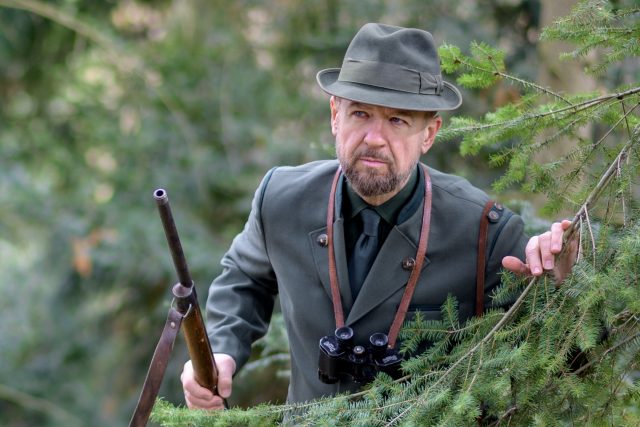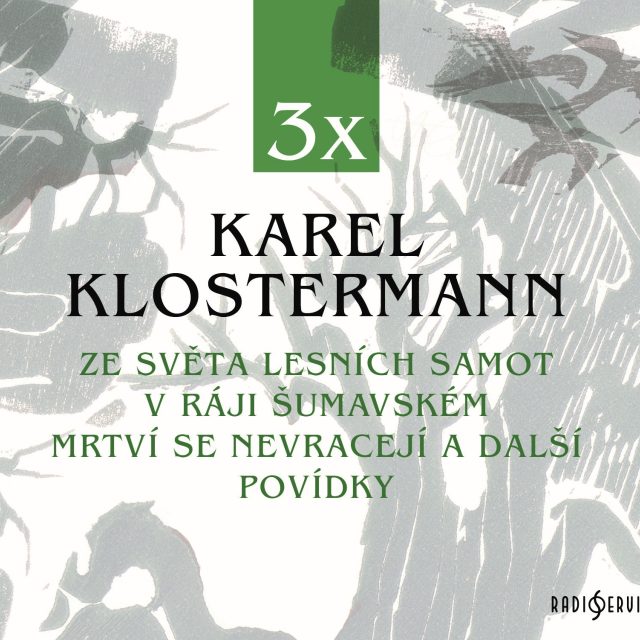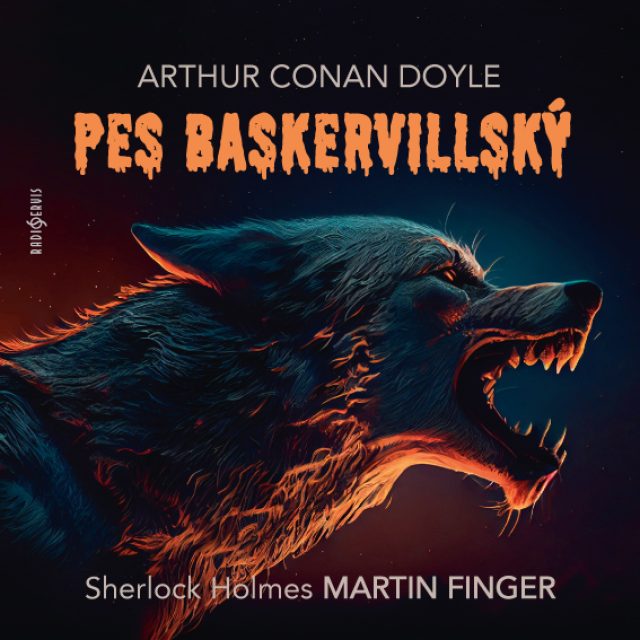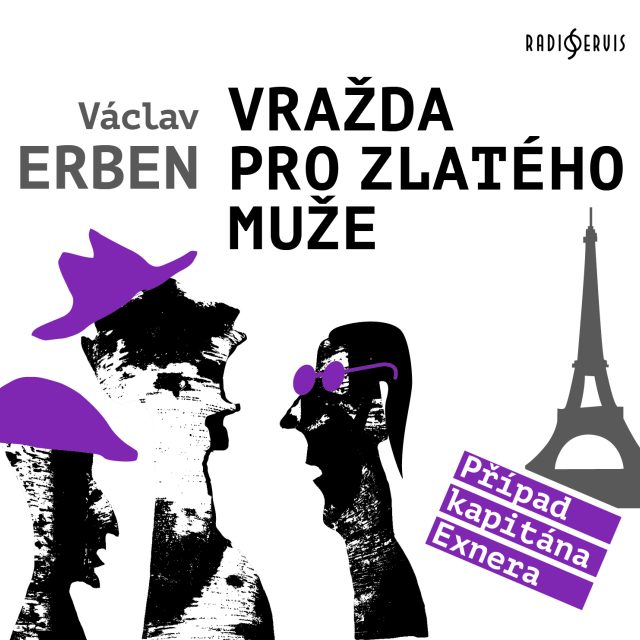David Popper
*18 June 1843 Prague† 7 September 1913 Baden near Vienna
A pioneer in a new era of cello playing and a composer.
A history of the Prague Conservatory (1911) contains this brief entry: “In January of 1861 Professor Julius Golterman requested a two-month leave in order to make a concert tour. During that period he was replaced by his advanced student David Popper.” This is the first mention of an artist who in later years would have a career as a solo performer and of his capacity for teaching.
David Popper was born on 18 June 1843 in Prague as the son of a cantor in the no longer existent Cikánova Synagogue, Angelus Popper, and his wife Ester, née Kisch. His three-year younger brother, Wilhelm, also became a cellist. David Popper graduated from the conservatory in 1861 and shortly afterwards appeared with the Leipzig Gewandhaus Orchestra. He received his first contract with the orchestra of a Hohenzollern prince in Löwenberg (today Lwówek Śląski) in Prussian Silesia upon the recommendation of Hans von Bülow. Word of his art soon spread through music-loving circles in other countries, and after a successful debut in Vienna in 1867 he was accepted into the orchestra of the Vienna Court Opera, where he played until 1873.
Popper was in friendly contact with Franz Liszt, whose pupil, pianist Sophie Menter, became Popper’s first wife. This marriage, which produced in 1876 a daughter, Celeste, broke up after fourteen years although during that time the couple appeared in countless joint recitals. His acquaintance with Liszt led Popper also to Richard Wagner. In 1873 he became a co-founder of the first ever official Wagner Society (the Viennese Wagner-Verband).
He soon gained fame also as a composing virtuoso. He wrote songs and works for the piano but also such compositions as a Requiem for three cellos and orchestra, fantasies on Russian and Scottish songs, a Concert Polonaise for cello and orchestra, and four cello concertos. Popper “astounded with his incomparable beauty of tone. We admired in his playing the virtuosity he showed in handling the bow with the lightness of a violinist, as well as the inner, deeply felt delivery of simple cantilena,” it was written of him.
In 1886 Popper was invited to the Royal Music Academy in Budapest. In that year he also married for a second time, and this marriage to Olga Löbl produced a son, Leo. After his whole active life as a performing artist, Popper devoted himself to playing chamber music. In Vienna he was a member of the famous Hellmesberger Quartet; in Budapest with Jenőm Hubay he founded the Hubay-Popper Quartet, which among other activities concertized with Brahms. He also played his role in the life of Gustav Mahler when he helped arrange his selection for the position of director of the Royal Opera in Budapest. Mahler’s brother-in-law, the violinist Arnold Rosé, valued Popper highly: “Popper with his brilliant playing as well as his composing effected a breakthrough in cello playing. I am grateful to him for recommending me to Hans Richter. As a result I played in the Gewandhaus, and then they invited me to the Vienna Opera.” Upon the occasion of Popper’s seventieth birthday, someone wrote, “He is a sincere admirer of Czech music,” and he was also a friend of Antonín Dvořák and František Ondříček; but he could not escape attacks by Czech nationalists. The magazine Dalibor, to cite one example, in 1890 printed the programme of a concert in France with the works of the Czech composers Smetana, Malát, Popper, Kaàn and Dvořák and could not allow itself to mention Popper’s name without adding, “This person was, it is true, born in Prague but as is obvious from his very name itself, he is no Czech.” Behind these comments lay sentiments aroused by the so-called Hilsner Affair and the general rise of anti-Semitism. In 1909, David Popper, then a citizen of Hungary, became the “adoptive father” of conductor and composer Oskar Nedbal so that Nedbal could legitimize his relationship with divorcée Marie Hoffmannová, something that was not permitted in the Austrian part of the monarchy. In a period of rising hostility to the monarchy, this step did nothing to increase either Popper’s or Nedbal’s favour in the eyes of Czech nationalists.
In 1905 Popper was awarded the Knights Grand Cross of the Order of Franz Josef I for his concertizing and teaching services. He suffered a personal tragedy in 1911 with the death of his 24-year-old son, Leo. In 1913 Popper received the title of Hungarian Court Councillor. He died on 7 September 1913 in Baden near Vienna, and at his own request he was taken to Dresden for cremation (something not permitted in Austria at that time). “One of the most famous giants of European concert halls, an outstanding teacher, an unrivalled master of beautiful refined playing, which along with all its technical bravura still had intellectual depth, an artist who opened a new era in cello playing” – such and similar were the comments in the obituaries. His textbook Hohe Schule des Violoncellospiels has lost none of its value up until today.
Sophie Menter died in 1918, and Popper’s second wife, Olga, was a victim of the holocaust. His works faded from favour, not only as a consequence of a change in aesthetic ideals; the racially motivated “cleansing” of art also had its part in causing his name to fall into almost complete oblivion. In the Lexikon der Juden in der Musik (Lexicon of Jews in Music), published in Nazi Germany in 1940, there was just one sentence about Popper: “…once known for his frequently played trivial salon pieces….”
Author: Vlasta Reittererová
E-shop Českého rozhlasu
Starosvětské příběhy lesníků z časů, kdy se na Šumavě ještě žilo podle staletých tradic.
Václav Žmolík, moderátor


3x Karel Klostermann
Komplet obsahuje dva šumavské romány Ze světa lesních samot, V ráji šumavském a povídkový soubor Mrtví se nevracejí z pera klasika české literatury Karla Klostermanna (1848 - 1923), který tomuto kraji zasvětil celé své dílo.




